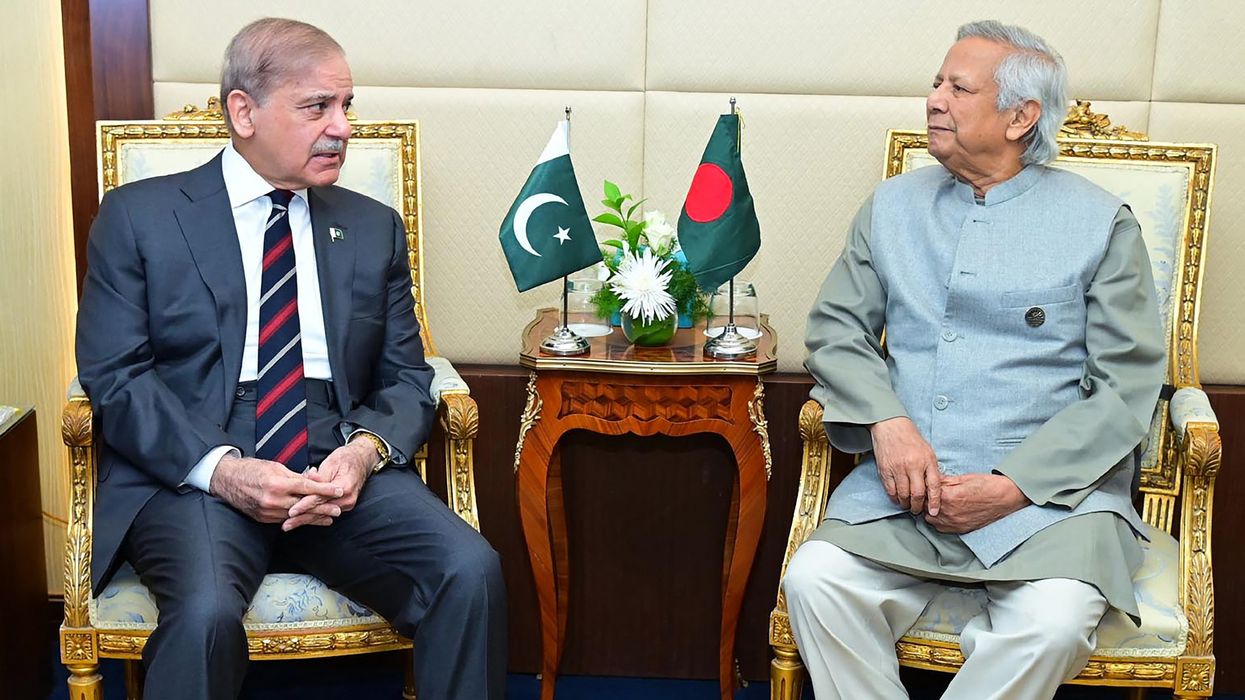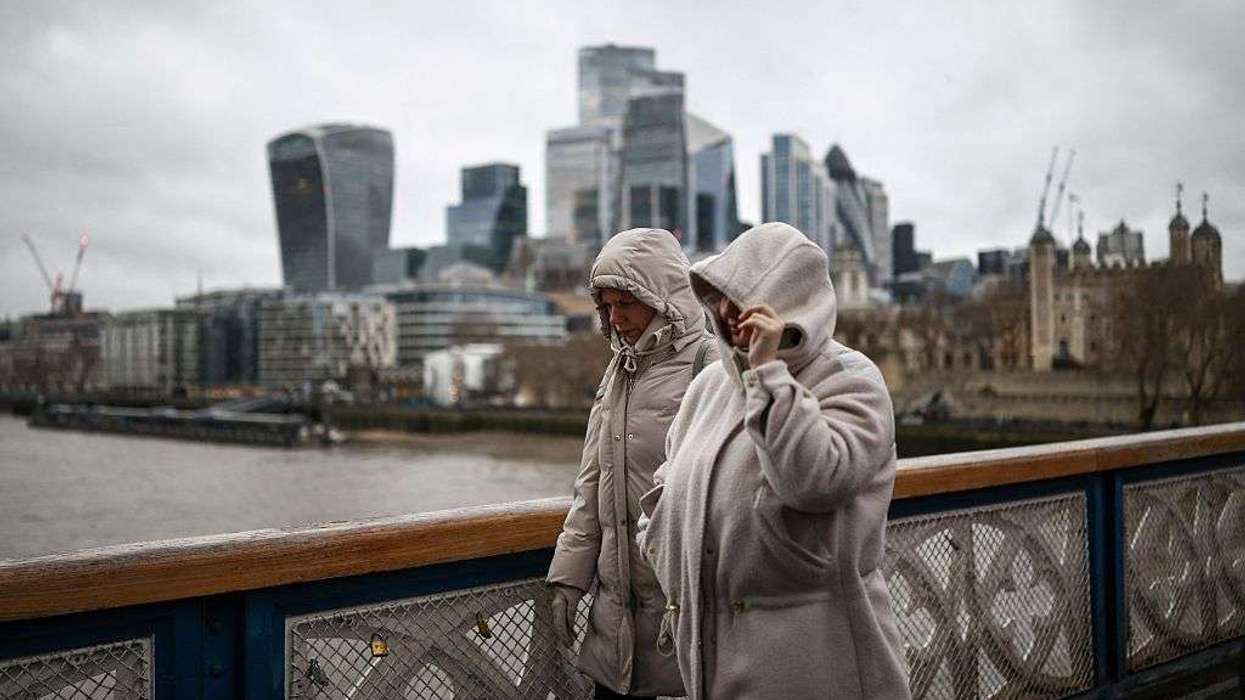BANGLADESH and Pakistan have resumed direct government-to-government trade, with Bangladesh importing 50,000 tonnes of rice from Pakistan, Dhaka announced on Tuesday.
The two countries, once part of the same nation before separating in the 1971 war, have had strained ties for decades.
Bangladesh's relations with India grew stronger over the years, but recent political changes have shifted dynamics.
In August 2024, long-time Bangladeshi prime minister Sheikh Hasina was ousted in a revolution and fled to India, where she has refused extradition requests to face charges of crimes against humanity.
Since then, ties between India and Bangladesh's new government have remained tense, creating space for Islamabad and Dhaka to rebuild relations.
Direct private trade between Bangladesh and Pakistan resumed in November 2024 when a container ship sailed from Karachi to Chittagong. It was the first such shipment in decades.
"For the first time we are importing 50,000 tonnes of rice from Pakistan, and it is the first government-to-government deal between the two countries," Ziauddin Ahmed, a senior official at Bangladesh's food ministry, said on Tuesday.
Bangladesh's Directorate General of Food signed a memorandum of understanding with the state-owned Trading Corporation of Pakistan (TCP) in January for rice imports.
Ahmed said the deal provides a "new avenue of sourcing and competitive pricing," with Bangladesh previously importing rice mainly from India, Thailand, and Vietnam.
Bangladesh, a low-lying country of 170 million people, depends heavily on food imports due to its vulnerability to climate change.
Much of its land consists of river deltas, making it prone to floods and cyclones, which are expected to intensify with global warming.
Private businesses in Bangladesh have imported rice from Pakistan for years, but shipments had to be transferred onto feeder vessels in transit hubs like Sri Lanka, Malaysia, or Singapore before reaching Bangladesh.
India and Pakistan, which became separate nations in 1947 after British colonial rule, have fought multiple wars and remain rivals.
Meanwhile, China has been strengthening ties with Bangladesh. Members of the Bangladesh National Party (BNP) recently visited Beijing, following similar trips by Jamaat-e-Islami and other Islamist parties.
India, which has traditionally had close ties with Bangladesh, has viewed China's growing influence in the region with concern.
This comes as China announced plans to establish dedicated hospitals for Bangladeshi patients, following a decline in medical visits to India.
(With inputs from AFP)





